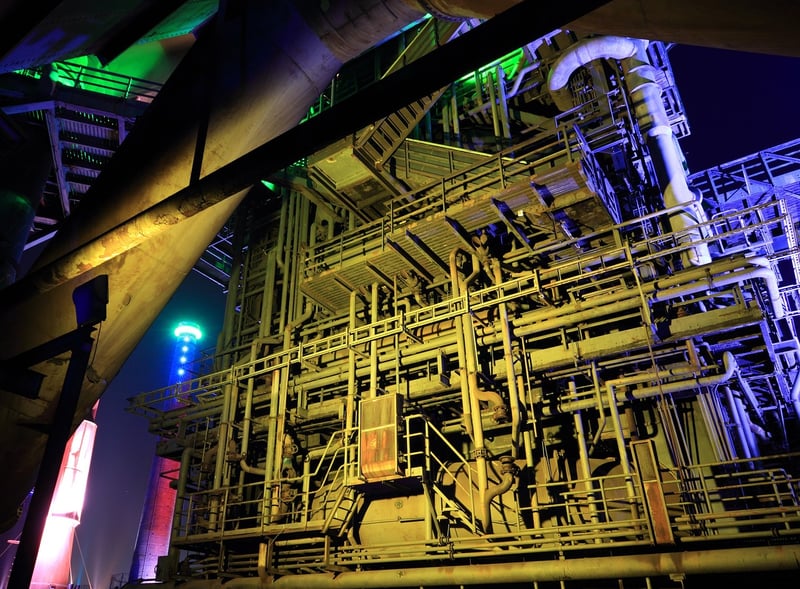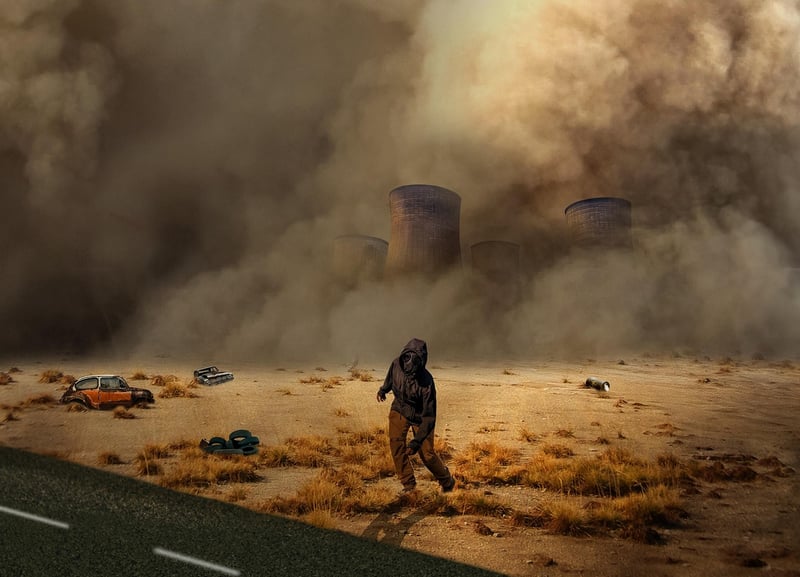Future Dystopia
Exploring Different Eras and a Glimpse into Future Dystopia
Introduction
Human history is a tapestry woven with threads of different eras, each contributing to the fabric of society we see today. Let's take a journey through time, exploring significant periods and then fast forward to envision a future dystopian world.
Ancient Era
The ancient era, a time shrouded in mystery and wonder, saw the rise of mighty civilizations like the Egyptians, Greeks, and Romans. These societies laid the foundation for art, architecture, philosophy, and governance.

Image source: Pixabay
Medieval Era
The medieval era brought knights, castles, and feudalism. It was a time of chivalry, feudal lords, and the blossoming of Gothic architecture. The Black Death also left a profound impact on society.

Image source: Pixabay
Industrial Revolution
The Industrial Revolution marked a shift from agrarian economies to industrialized societies. Inventions like the steam engine and mechanized production transformed how goods were made, leading to urbanization and social change.

Image source: Pixabay
Modern Era
The modern era is characterized by rapid technological advancements, globalization, and cultural exchange. The world wars, space exploration, and the digital revolution define this period, shaping the interconnected world we live in today.

Image source: Pixabay
Future Dystopia
As we look ahead, the concept of a future dystopia looms large in popular culture and speculative fiction. It envisions a world marred by oppression, surveillance, environmental degradation, and societal decay.
Key Features of a Future Dystopia:
- Authoritarian regimes controlling every aspect of life
- Lack of personal freedom and privacy
- Technological dominance leading to dehumanization
- Environmental disasters and resource scarcity
- Social stratification and inequality
While the future is unwritten, exploring the possibility of a dystopian world serves as a cautionary tale, urging us to shape a better tomorrow through conscious choices and collective action.
